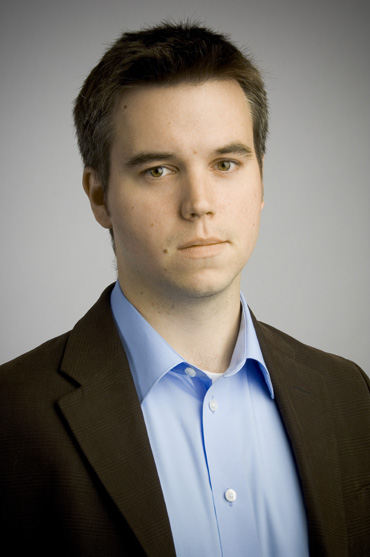 Not unlike the mHealth industry, the city of Seattle began with a number of false starts: The first European settlers in the city named their original village "New York," but perhaps because of the anticipated confusion changed it to "Alki," which meant "by and by" or "someday" in Chinook. A few years later Alki's settlers found it rough goings so they moved a short distance across the bay in an area that later grew into the city of Seattle we know today.
Not unlike the mHealth industry, the city of Seattle began with a number of false starts: The first European settlers in the city named their original village "New York," but perhaps because of the anticipated confusion changed it to "Alki," which meant "by and by" or "someday" in Chinook. A few years later Alki's settlers found it rough goings so they moved a short distance across the bay in an area that later grew into the city of Seattle we know today.
There were far fewer "somedays" or "by and bys" and more lessons learned and real-world launches according to many presenters at The Sixth Annual Healthcare Unbound Conference and Expo that took place in Seattle this past week. While I still heard a good number of "somedays," it doesn't sound like anyone's abandoning the mHealth settlement.
For posterity's sake, here are the highlights and memorable moments from Seattle. (Excluding, of course, the delicious sandwiches from Armandino Batale's Salumi sandwich shop downtown and the tasty Yirgacheffe at Trabant Coffee & Chai.)
Diversinet's Jay Couse let it slip that partner company AllOne Mobile had just completed a pilot with Wal-Mart for mobile phone-based personal health records. Couse also noted that AllOne Mobile runs on 286 devices.
Qualcomm's Clint McClellan revealed that the long-awaited Lifecomm, which has been discussed since 2005, will offer two wireless health devices shortly after launching: A mobile phone with a glucometer built-in and a wireless medallion that will be like "Lifeline-on-steroids."
Kaiser Permanente's Kendra Markle pointed to a website that sends users text messages at random points throughout the day and simply asks what they are doing and how happy they are. The site, HappyFactor.com, then enables users to log on and determine trends between moods and activities.
Noted industry thought leader Dr. David Kibbe asked attendees during his keynote: Why is it that physicians have shown little reluctance to adopt iPhones, while only 15 percent of physicians in this country are currently using some form of EHR?
Critical Mass' Michael Barrett suggested that the healthcare industry needs to start listening more to behavioralists to determine how best to "nudge" the general public into making healthier choices. An example: While driving on the highway, what if instead of a "Your speed is X MPH" sign, a sign informed passersby on the number of "Calories consumed today"? Barrett said these real-time cues for making healthier decisions could be key.

















